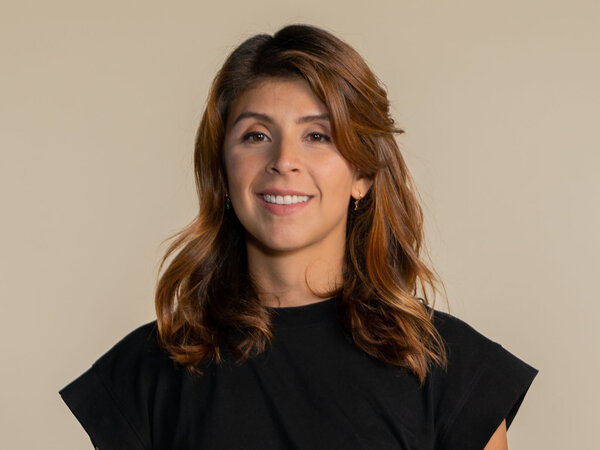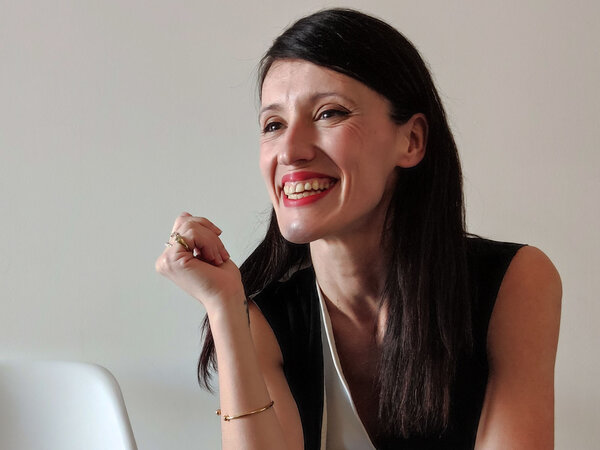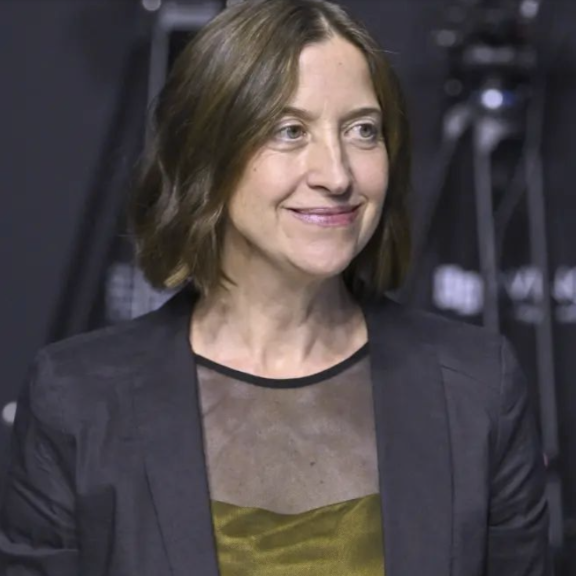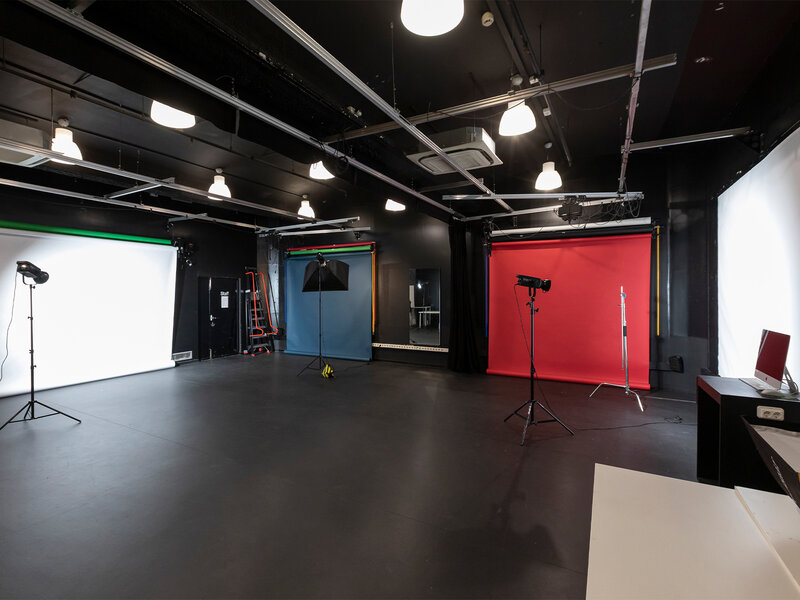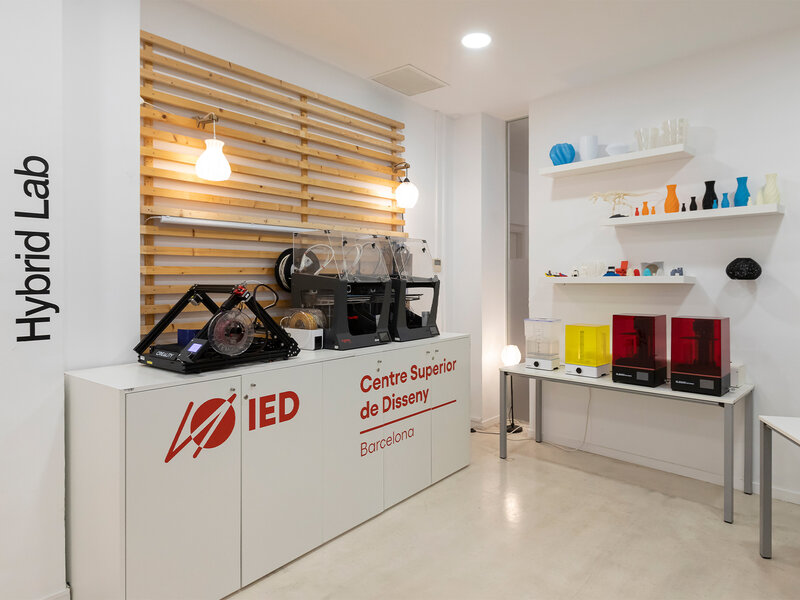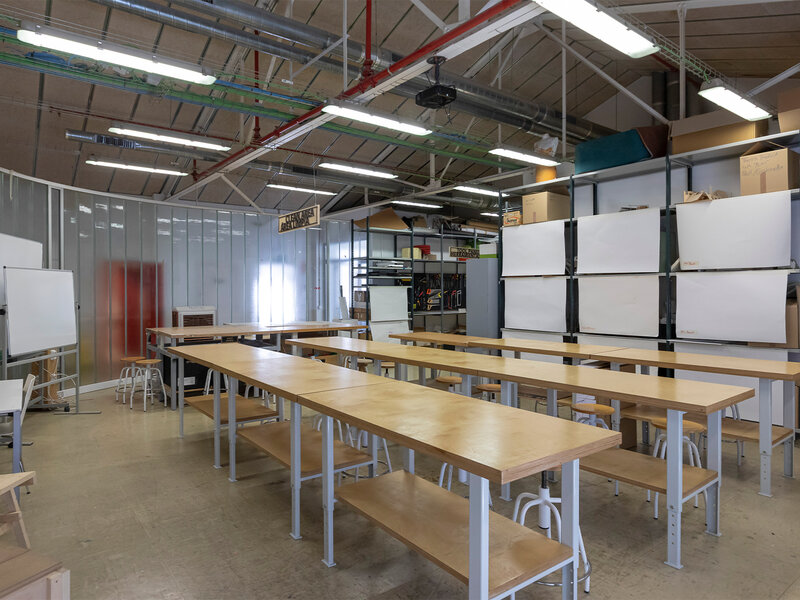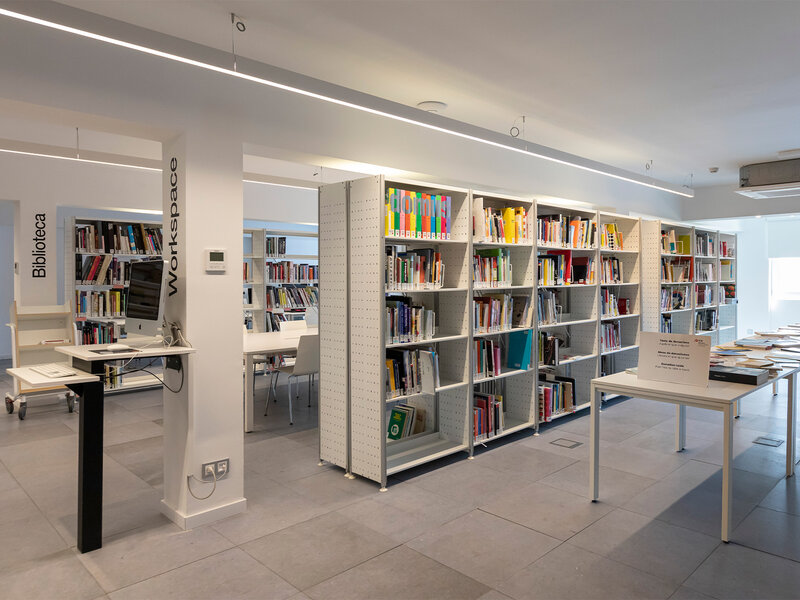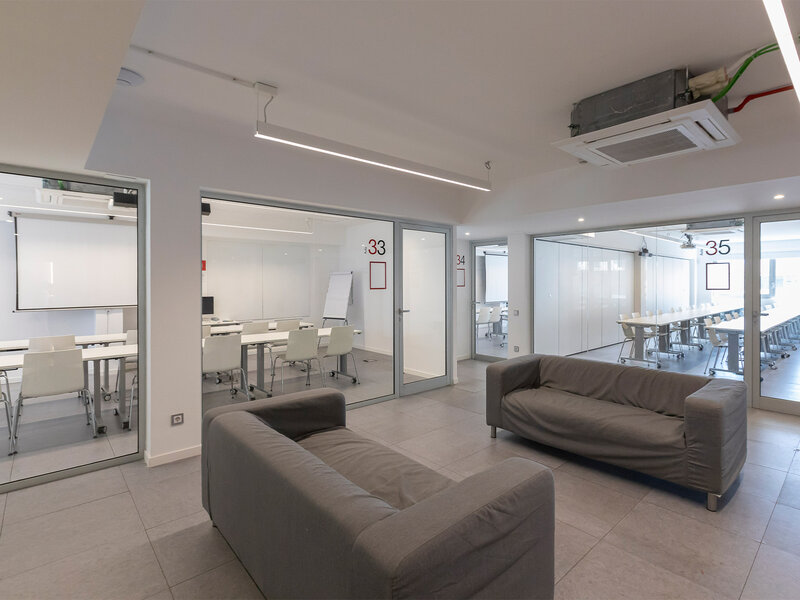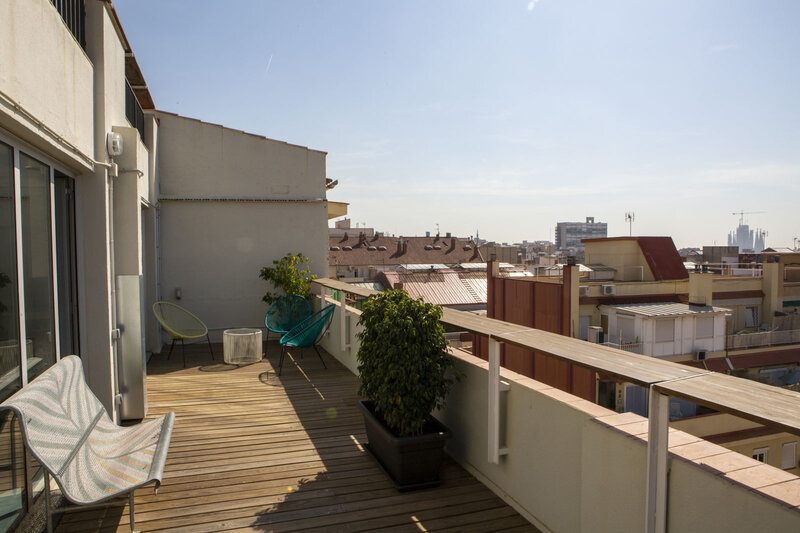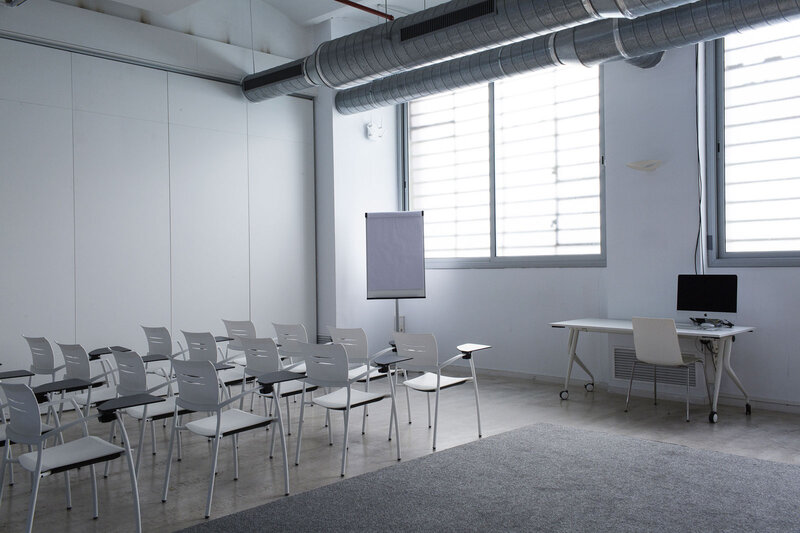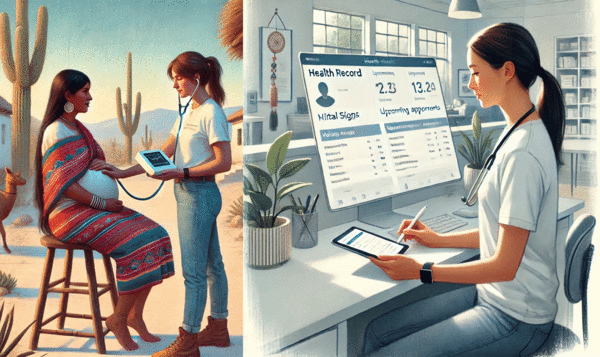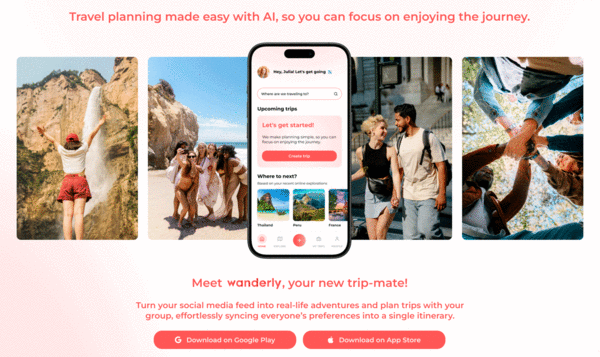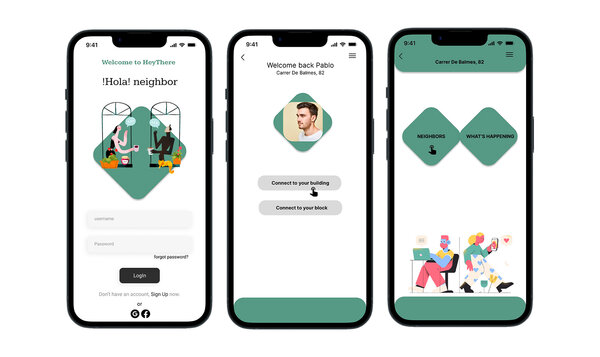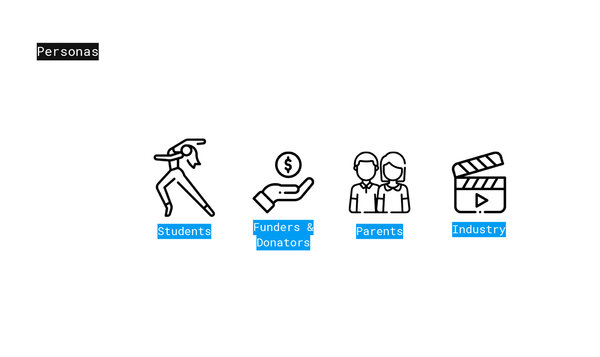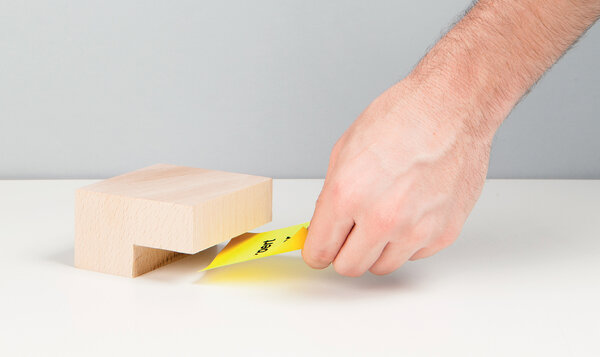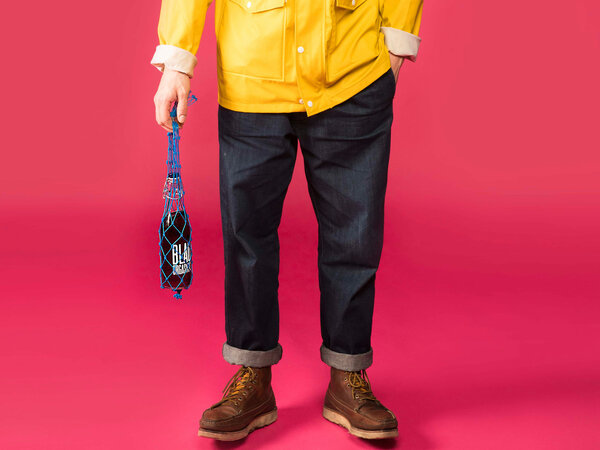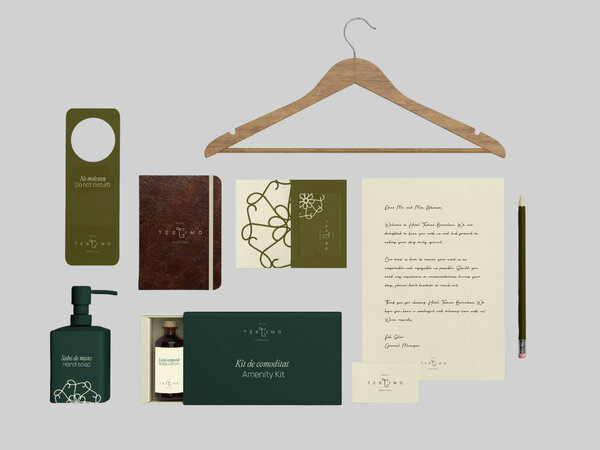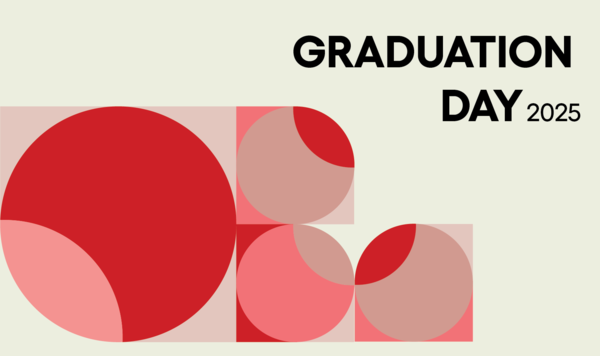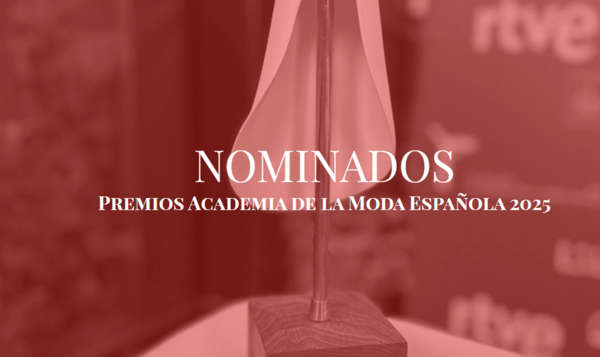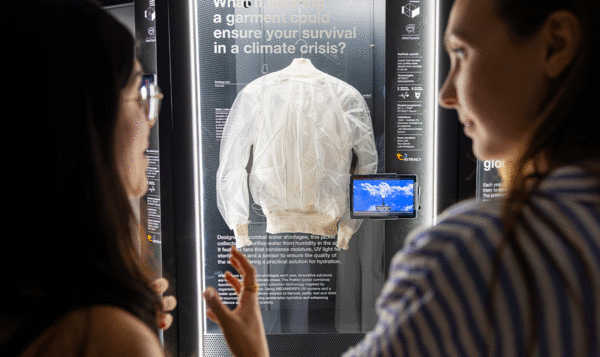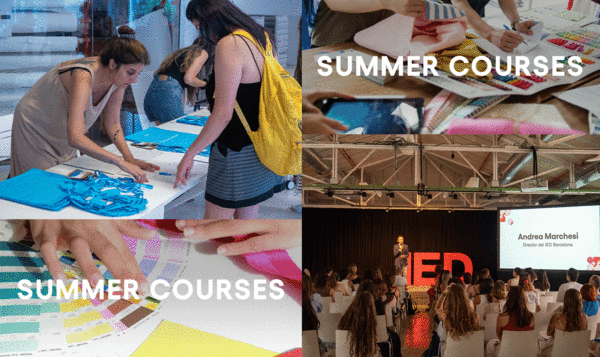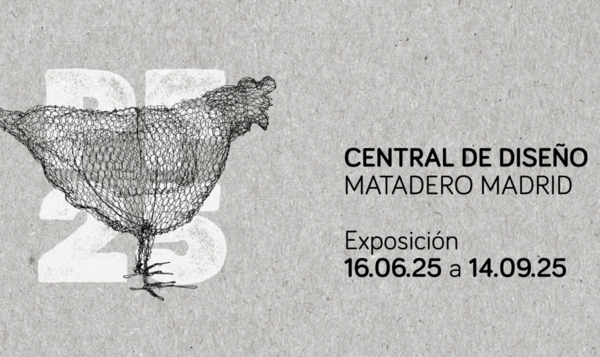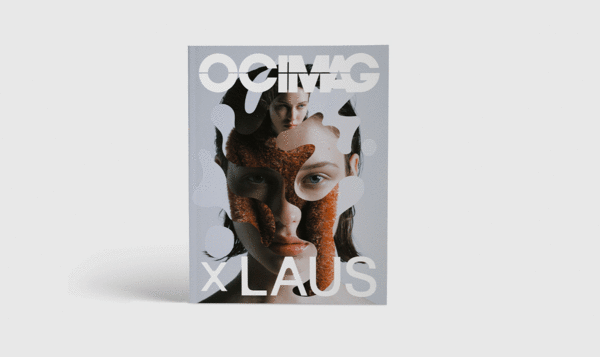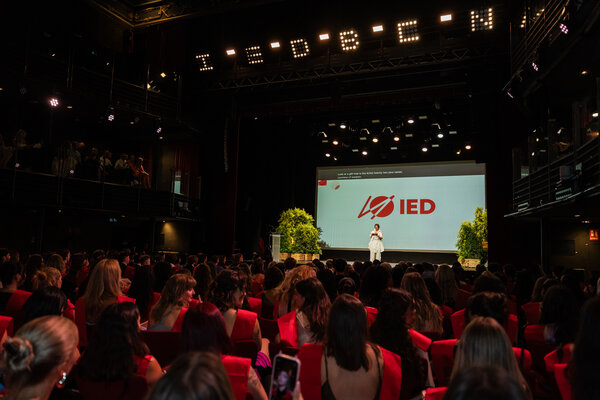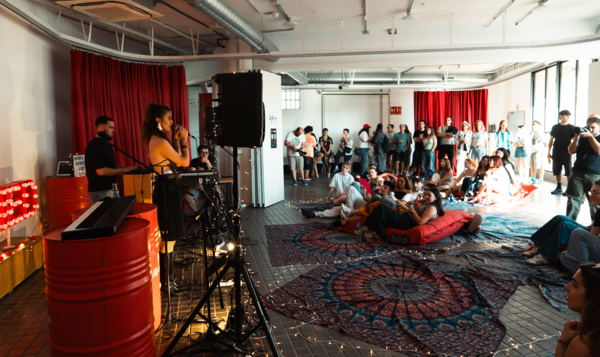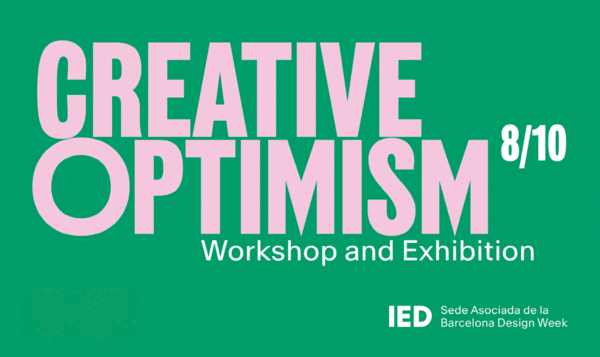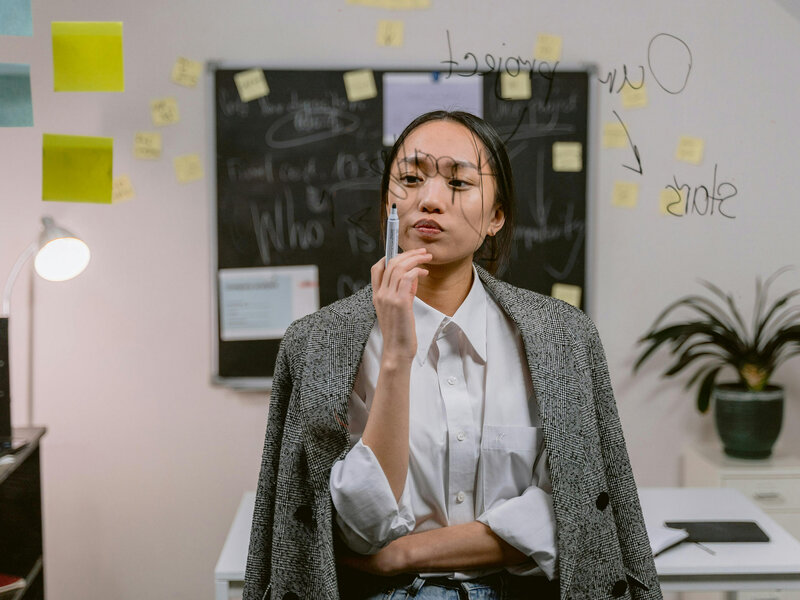
Strategic Design Management
Learn how to combine design methods and awareness with effective management strategies to create value and innovate an enterprise.
ENG
Language
English
Start date
January 2026
Frequency
Evening
Fruition
On campus
Duration
11 Months
Price
Lead the way in terms of change, merging design, strategy and management to develop innovative and sustainable solutions that meet the challenges of the modern world.
Strategic Design combines innovation processes, multidisciplinary decision making, a people-focused mentality and business strategies to create products and services that can provide effective solutions for the challenges of the modern world, such as inclusion, sustainability and diversity, taking successful and purpose-driven companies to the next level.
This unique approach combines design thinking, creative sensitivity and specific methods with business viability, management strategies and market value creation.
The IED Barcelona Master’s Degree in Strategic Design Management gives you skillset you need to incorporate the value and tools of design in business environments. If you’re a designer who wants to discover the ins and outs of the business, and the role you can play to participate effectively in a dynamic environment to make a real contribution to society, or a business manager who wants to discover the potential of design and use it in the best possible way in the value creation processes with other strategic functions, this is the course for you.
Today, design is an essential driver of innovation and value creation for companies and organizations alike. This master’s degree gives you the resources you need to bridge the gap between creativity and management. You’ll learn to optimize experiences, imagine and lead change through agile, innovative and targeted processes and methods.

Information to decide
A highly specialized master’s degree course in which you’ll acquire the necessary skills to manage innovation from the perspective of strategic design. You’ll develop analytical, methodological and creative skills to lead projects in complex and changing contexts.
The Master’s Degree in Strategic Design Management course adopts a practice-based method known as Learning By Doing, and you’ll explore content from a variety of different perspectives to develop your own strategic criteria. You’ll have the benefit of constant support from the Master's coordinator in personalized tutoring sessions that facilitate your academic and professional progress.
This master’s degree takes a holistic approach, integrating key disciplines to give you in-depth experience in areas where there’s the greatest interaction between design
and strategy: Design Research, Creativity, Service and Experience Design or Design for Sustainability.
The course is structured to encourage multidisciplinary collaboration through joint activities with students from other international master’s degrees and courses, generating synergies between the professionals of the future in an enriching learning environment.
Throughout the course you’ll participate in workshops, seminars, go on visits and attend conferences held by international specialists in design, innovation and strategic management. These experiences help you expand your professional network and discover different approaches and trends in the sector.
Study trips
To keep in touch with the latest market trends and fully comprehend the diversity of European professional contexts, the course includes two study trips to key European cities. These study trips give you first-hand experience in real creative ecosystems, to connect with professionals working in different sectors and explore new markets from a strategic perspective.
Master's Thesis Project
The culmination of the course is the presentation of your Master's Thesis Project, the best way to put everything you’ve learned into practice, developing a strategic proposal based on research, creativity and business vision. This project is an excellent opportunity to showcase your skills, knowledge and analytical abilities before a jury of fellow professionals, and also an excellent letter of presentation for your professional career.
The Master’s Degree in Strategic Design Management is for people who have studied design, business, marketing, communication, engineering and similar areas, people who want to integrate creativity and strategic thinking into their professional careers.
In particular the course is aimed at:
- Designers of all disciplines (graphic, product, interior designers) who want to learn business language to integrate design methodologies with strategic vision.
- Architects, business and management professionals, as well as specialists in marketing, communication and engineering, who want to apply design methodologies to take their professional profile to the next level and lead innovative projects.
The Master’s Degree in Strategic Design Management is a practice-base course that gives you a critical vision of how design can be implemented to create new products and services with a strategic and sustainable approach.
Throughout the course, you’ll acquire the theoretical knowledge, practical skills and real experiences necessary to become a leader of innovation, to develop projects that have a positive impact on companies, society and the environment.
When you finish your master’s degree you’ll have all the resources you need to start working in business environments, for design studios and strategic consultants hiring people for key roles such as:
- Design Department Manager
- Brand Manager
- Design Director
- Innovation Director
- Service Designer
- Design Strategist
You’ll be studying your master's degree in a creative, multidisciplinary environment at an internationally renowned school. And you’ll be studying in Barcelona, a bustling European city famous worldwide for its dynamic, innovative and multicultural character.
Syllabus
The Master’s Degree in Strategic Design Management is organised in thematic modules to give you an integral vision of strategic design, to find opportunities and implement solutions that are both innovative and sustainable.
MODULE 1: FINDING VALUE OPPORTUNITIES
In this module you’ll learn about the methodologies, tools and skills you can use to find value opportunities in today’s ecosystems, and anticipate the strategic scenarios of the future.
Subjects:
· Design Thinking Boot Camp
· Trends & Forecast
· Design Strategy
· Design Research
· Sustainable Innovation
MODULE 2: DEVELOPING DESIRABLE SOLUTIONS
You discover the ins and outs of the key disciplines of design to conceptualize, prototype and develop innovative solutions, in consideration of the user’s business strategy and needs.
Subjects:
· Service Design
· Co-Creation
· Experience Design
· Creativity
MODULE 3: DELIVERING VIABLE & FEASIBLE SOLUTIONS
In this module you’ll acquire strategic business management tools to implement viable solutions, in line with existing business models and practices.
Subjects:
· Marketing
· Brand Strategy
· Financials
· Business Model Design
MODULE 4: GROWING YOUR INFLUENCE
In this module you’ll develop essential crossover skills that you can use to lead and manage teams in creative environments. You’ll learn how to communicate effectively and influence the stakeholders involved, without resorting to hierarchical authority.
Subjects:
· Storytelling
· People Management
· Creative Personal Branding
MODULE 5: TRAVEL EXPERIENCES & PROJECTS
Apply the know-how you’ve acquired using Challenge-Based methodology in real industry projects. Work in a team to find solutions for strategic challenges brought to the table by multinational companies, startups or local institutions.
Included:
· Two study trips to key European cities:
· Lisbon — Future Days
Part of Project research process 1. On this trip, you’ll visit innovation agencies in Lisbon and participate at Future Days, a festival for innovative, creative
leaders of change. You’ll have the opportunity to explore proposals that promote fair, sustainable urban futures, connecting with experts and professionals leading the field in social and environmental transformation.
· Geneva — CERN and Challenge-Based Innovation
This trip is part of Project 2: Challenge-Based Innovation (CBI), a program recognized by the Financial Times for its positive impact on the application of design in the business world.You’ll be collaborating on interdisciplinary projects with ESADE and UPC students, using open innovation methodologies to propose solutions for real social challenges. The experience includes a visit to CERN (European Organization for Nuclear Research) one of the most important scientific research facilities in the world, a place to find inspiration for the fusion of science, technology and creativity applied to strategic design.
· Real projects collaborating with companies and organizations.
· Master's Thesis Project, the best way to showcase the skills you’ve acquired and your ability to develop strategic solutions that have a real impact.

